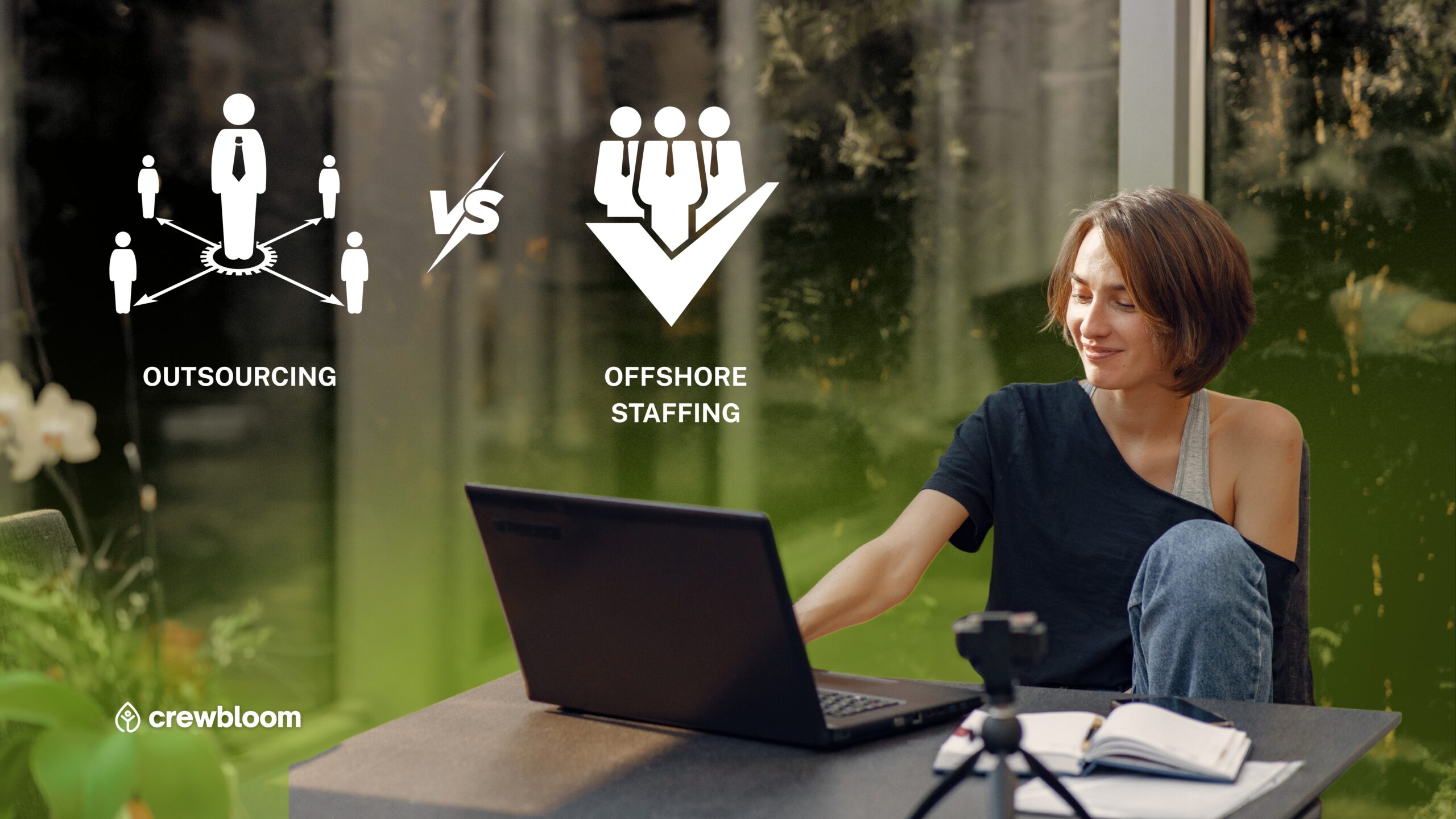The success of your SaaS company depends on your relationship with all of your customers. If you prioritize your customer’s needs and your employees can create long-lasting relationships with them, your business will be able to remain consistent and successful in the long-term.
Traditionally, many companies just launch their product and install a decent customer support team. While this strategy has been marginally successful for a few businesses, many others saw continuous customer churn and plan downgrades.
It turns out you need to exert much more effort to ensure customer retention and satisfaction. Instead of just having a team that will react to their complaints, SaaS customers want people who will be proactive about helping them manage their accounts day by day.
This is where your Customer Success Manager comes in. Your CSM has a hand in every single stage of customer experience management, from onboarding to after-sales support. He or she is the main point person who makes sure that all your customers are happy with the service you are providing.
Key Responsibilities of a CSM
The work of a CSM begins the moment a deal is closed with a client. They act as the client’s right-hand man, ensuring that they know and learn your service from the inside out.
Tech support and sales are beyond the CSM’s purview. Instead, they make sure that the client has everything they could possibly need to get the most out of the product they just signed up for.
The day-to-day specifics of a CSM’s role varies with every company, but some of their key responsibilities include:
1. Developing Customer Relationships
The main responsibility of your CSM is to create and maintain long-lasting relationships with your customers. All throughout the process of operational services, training, and customer service, CSMs use engagement strategies to develop professional relationships with the client.
Your CSM is responsible for ensuring that all your customers are getting the best service possible at every touchpoint within the company.
2. Customer Success Training
One of the best ways to retain your customers is to make sure that they are getting their desired outcome from your product or service. Your CSM is central to this because they are tasked with completing customer training. Through conference calls and meetings, they will give customized training sessions on how your product can meet their specific needs.
Your CSM makes sure that customers know about all the resources you offer and that they know that you have the tools to help them take advantage of your service.
3. Watching Over Account Health
Because CSMs are so attuned to customer needs, they can also gather feedback and insights on the overall customer experience. If there are pain points along the way, they can pass them on to your tech support team and smooth over any customer end issues.
CSMs pay special attention to key accounts that are central to your company’s long-term success. The goal is to drive revenue and growth through account renewals, upgrades, expansions, and upsells. CSMs are central to increasing your company’s overall profit.
4. Customer Onboarding And Retention
For SaaS companies, the customer is king. You need to make sure that you meet your customer’s needs from the moment they sign up and pay for your service.
One of the most common mistakes SaaS companies make during customer onboarding is to introduce every single product feature to every customer. In truth, all your CSM needs to do is to take a client through the quickest path to a return on their investment. Instead of bombarding your client with information, introduce them to features that are valuable to their specific needs.
A smooth, valuable, instant-ROI onboarding process is the foundation to long-term retention and building customer loyalty. SaaS companies thrive on account renewals and upgrades, so this is where your CSM should shine. When service expiration dates are coming up, they should personally follow up with customers to renew and even upgrade their contracts.
How to Hire a High-Performing CSM
Because a CSM is a key to your success as a SaaS company, you need to hire a person that will deliver all these for you and more. Here are some key traits to look for in your future CSM:
1. Product Knowledge
Aside from your programmers and developers, your CSM should be the person who knows your product inside and out, especially from the customer’s perspective. This knowledge is critical to their performance and the way they will relate to all of your customers.
A deep understanding of your product features and your target customer base will help your CSM address all customer issues proactively.
2. Problem-Solving Skills
Because of their constant liaising with customers, your CSM will need to think on their feet every single day. While they are not responsible for tech support, they should still meet customer expectations and help resolve any problems that may come up. The best CSMs are excellent at active troubleshooting and making strategic choices on their own.
3. Excellent Leadership
Your CSM is responsible for leading your customer success team. He or she should be able to guide, communicate with, and effectively manage all team members and coordinate with all the departments they interact with.
4. Time Management
Time management skills are essential for every employee in just about any industry, but it is especially crucial for a CSM. They are responsible for handling so much data and so many metrics every single day. A person who cannot effectively utilize their time will be overwhelmed with all the assigned tasks.
A good CSM should hit the ground running, prioritize the most crucial tasks, and ruthlessly organize their workflow to bring value to the company immediately.
5. Empathy
A good CSM is effortlessly empathetic—a soft skill that is vastly underrated in most industries. He or she should always look at your product through the customer’s eyes, identify what they need, and immediately find the pain points that they will encounter. Anyone in a customer-facing position needs to understand another person’s situation and deal with it appropriately.
6. Data-Driven
Data analytics is central to every CSM’s day-to-day work. They should be able to find meaning and glean valuable insight from large amounts of data so that they can give your customers what they are looking for.
Conclusion
Customer Success Managers are all the rage in SaaS companies, and for a good reason. Customers need proactive support, and a good, highly valuable CSM will be able to help them make the most out of your service every step of the way. If you choose correctly, your CSM will get you continuous account renewals and upgrades to maintain your revenue for many years to come.
Are you looking for customer support outsourcing services? CrewBloom is here for you. We connect companies of all sizes with the top 2% of remote professionals worldwide. Our extensive screening process allows us to deliver the best talent directly to you. Contact us today!












